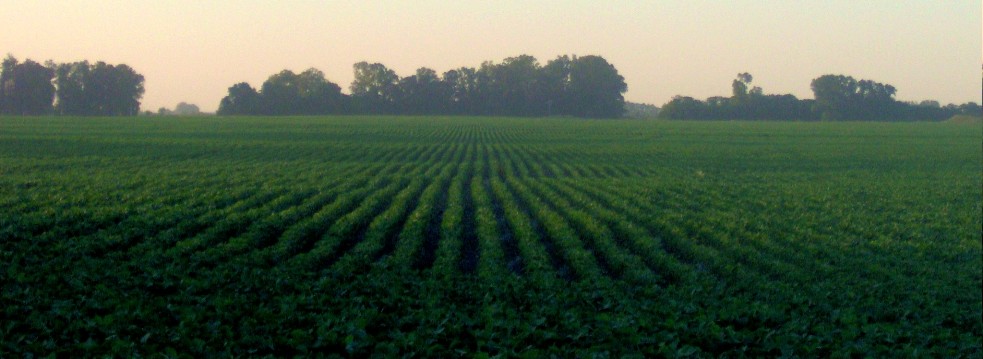July 2013
THE USE OF THE LAND /LA FUNCION DE LA TIERRA
 The authors critically examine the policies of Cristina Fernández de Kirchner with regard to land use and agriculture. They attack the way that Argentina’s primary resources are being exploited, with agriculture being dominated by exports to the world markets, the new push for more large-scale mining projects, and new methods of extracting oil and gas such as fracking.
They discuss the problems faced by the indigenous peoples throughout Argentina, at least twelve of whom have been killed in land disputes in the past three years. Despite sending a petition to the central government, and holding demonstrations outside the presidential palace (Casa Rosada) every week in June 2013, the representatives of the indigenous peoples, who are calling for their land rights to be respected, and more socially viable forms of agriculture to be promoted.
They were joined in 2012 by peasant organizations, who complain that land they work is being bought up by large corporations, who force the farmers off land that has traditionally been theirs, and then employ them to harvest soya or other large-scale plantations.
The authors also take the government for task for the way it has expanded mining operations in Argentina: the number of projects has grown from 40 in 2003 to 600 in 2012. What is of most concern is the start of fracking operations to find new sources of oil and gas, which they say is being carried out in an uncontrolled way. The question of land in Argentina and who owns it and to what uses it should be put is becoming increasingly urgent.
The article, in Spanish, can be accessed here: http://huerquenweb.files.wordpress.com/2013/07/la-funcic3b3n-de-la-tierra.pdf
The authors critically examine the policies of Cristina Fernández de Kirchner with regard to land use and agriculture. They attack the way that Argentina’s primary resources are being exploited, with agriculture being dominated by exports to the world markets, the new push for more large-scale mining projects, and new methods of extracting oil and gas such as fracking.
They discuss the problems faced by the indigenous peoples throughout Argentina, at least twelve of whom have been killed in land disputes in the past three years. Despite sending a petition to the central government, and holding demonstrations outside the presidential palace (Casa Rosada) every week in June 2013, the representatives of the indigenous peoples, who are calling for their land rights to be respected, and more socially viable forms of agriculture to be promoted.
They were joined in 2012 by peasant organizations, who complain that land they work is being bought up by large corporations, who force the farmers off land that has traditionally been theirs, and then employ them to harvest soya or other large-scale plantations.
The authors also take the government for task for the way it has expanded mining operations in Argentina: the number of projects has grown from 40 in 2003 to 600 in 2012. What is of most concern is the start of fracking operations to find new sources of oil and gas, which they say is being carried out in an uncontrolled way. The question of land in Argentina and who owns it and to what uses it should be put is becoming increasingly urgent.
The article, in Spanish, can be accessed here: http://huerquenweb.files.wordpress.com/2013/07/la-funcic3b3n-de-la-tierra.pdf

